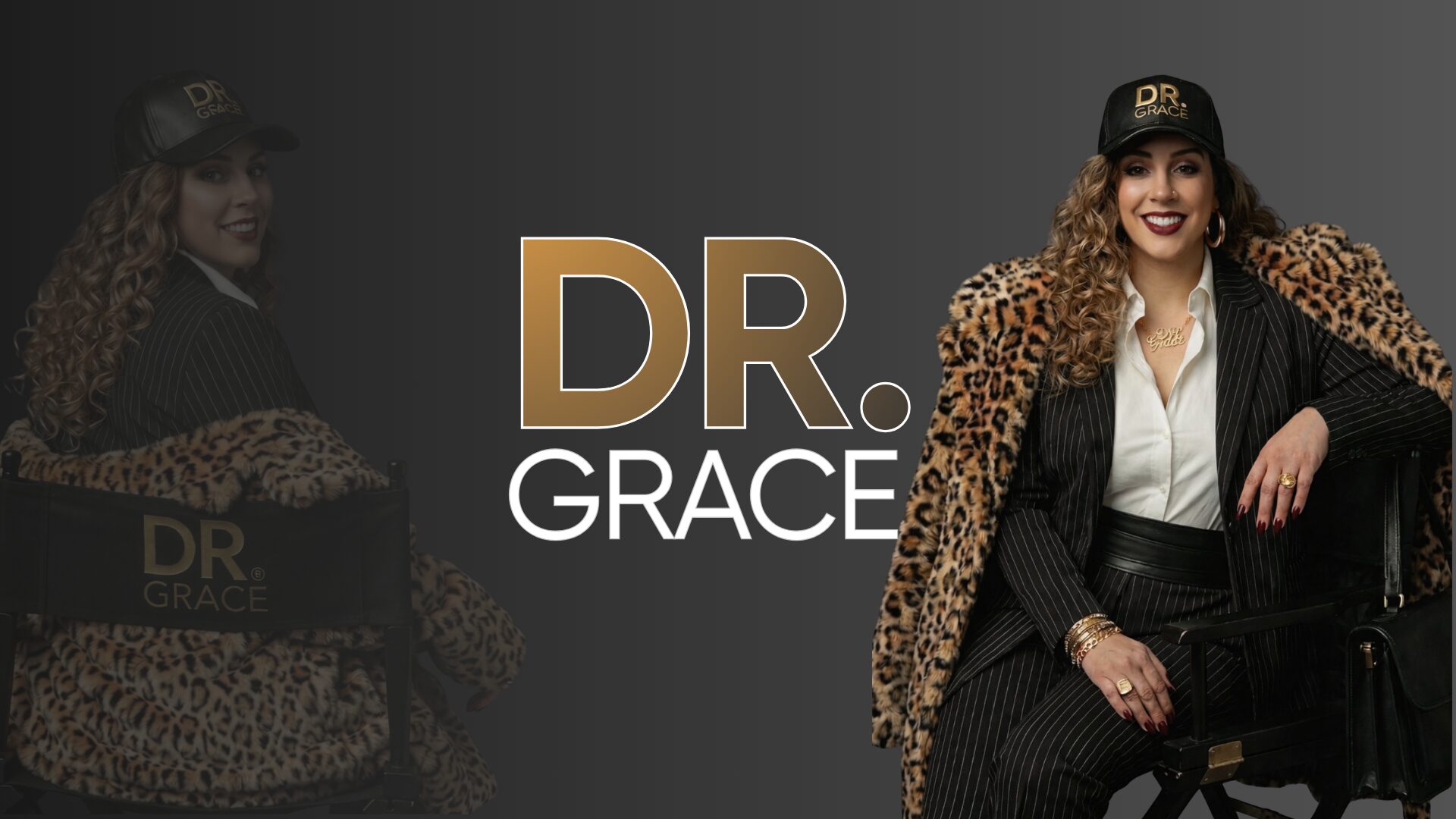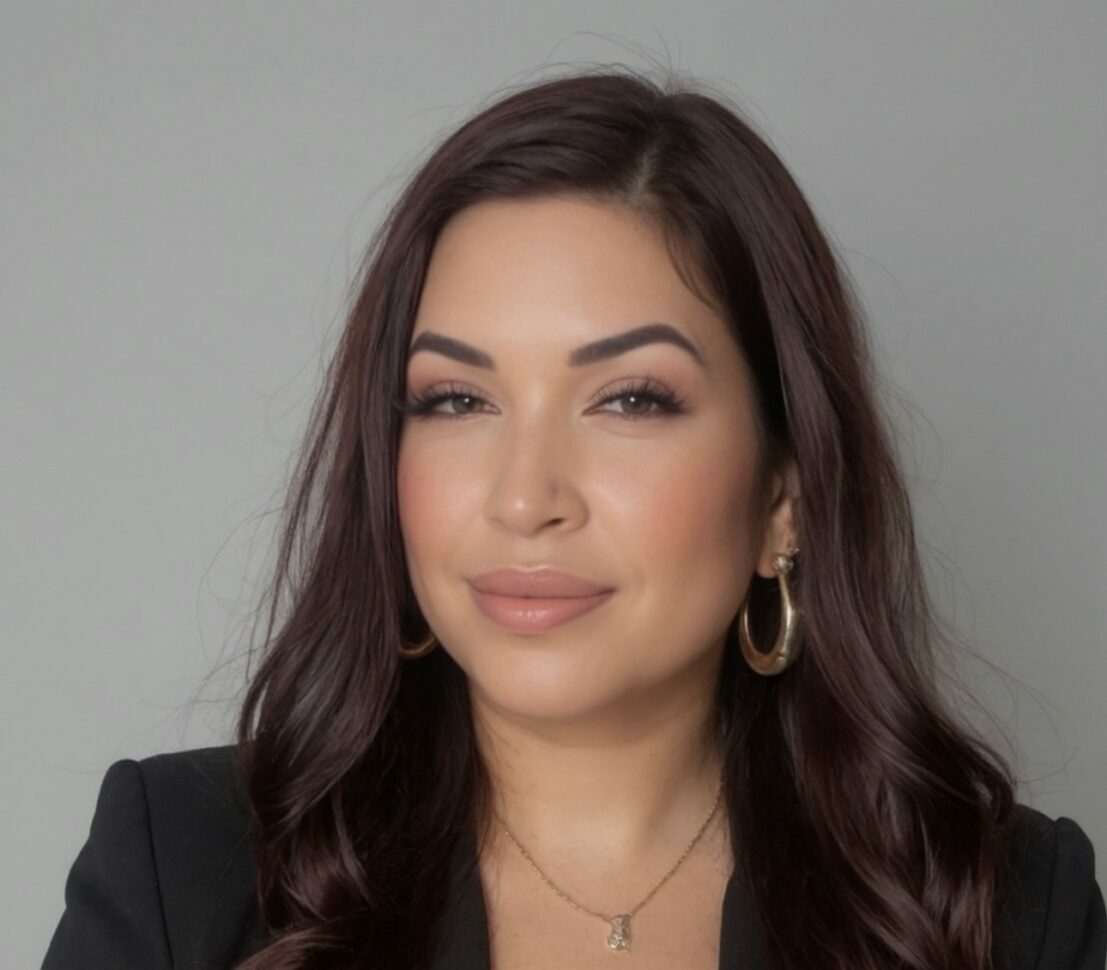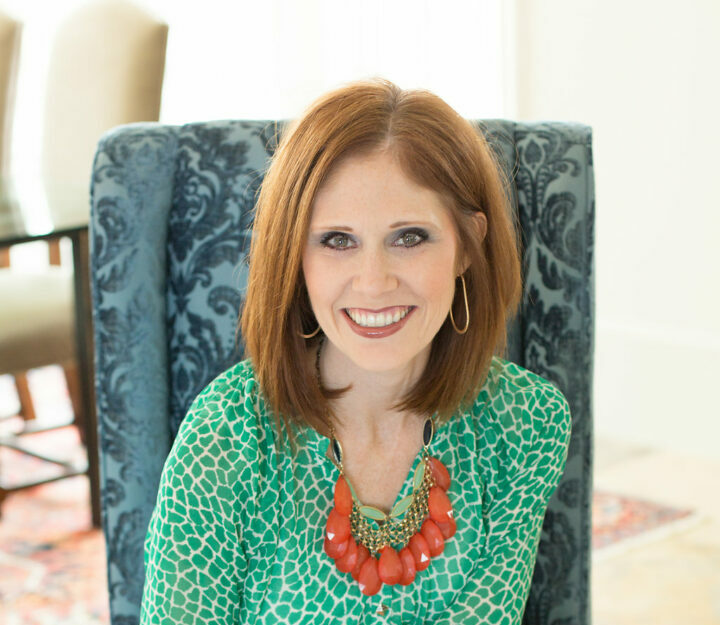We’re excited to introduce you to the always interesting and insightful Rook Riley. We hope you’ll enjoy our conversation with Rook below.
Rook, we’re thrilled to have you sharing your thoughts and lessons with our community. So, for folks who are at a stage in their life or career where they are trying to be more resilient, can you share where you get your resilience from?
My resilience developed from pivotal moments and the people who have shaped my life. My dad was a huge influence—his steady nature and unwavering determination taught me the value of perseverance and grit. He was a fireman and carpenter who took care of the family when his father died. That foundation helped me navigate some of the toughest challenges, like my time in the Army, the devastation of 9/11, and a particularly nasty divorce that tested me in ways I couldn’t have imagined. Now have a fantastic partner and a small tight-knit group of friends who are my rock. We share everything and lift each other when we need it.
In 2017 I was diagnosed with PTSD. It was a long time coming, but I didn’t want to admit to myself that something was wrong. All the compartmentalization I’d created was failing. Symptoms popped up while teaching classes, but active shooter drills were the worst. I’d gone into teaching to do just that – teach kids, not deal with battlefield situations. After an all-hands meeting concerning issuing guns to teachers, a coworker patted me on the back and said, “As long as you have one, I’m not worried.” But I was.
I’d turned in my weapon and left that life years ago. The breakdown that followed is still hard to talk about and I was on Family Medical Act leave for two months. My partner encouraged me to seek help. With therapy and medication, I returned to the classroom and the students I loved – without the gun.
But resilience isn’t just about surviving difficult times; it’s about the healing and growth afterward. Getting mental health treatment for my PTSD and ADHD has been crucial in helping me process those experiences, find clarity, and develop the tools I need to thrive. It’s shown me that a blend of inherited strength, lived experiences, and the willingness to ask for support when I need it serves me more than any sort of bootstrap mentality. These lessons and people have shaped me into someone who can face challenges with both courage and compassion for others.
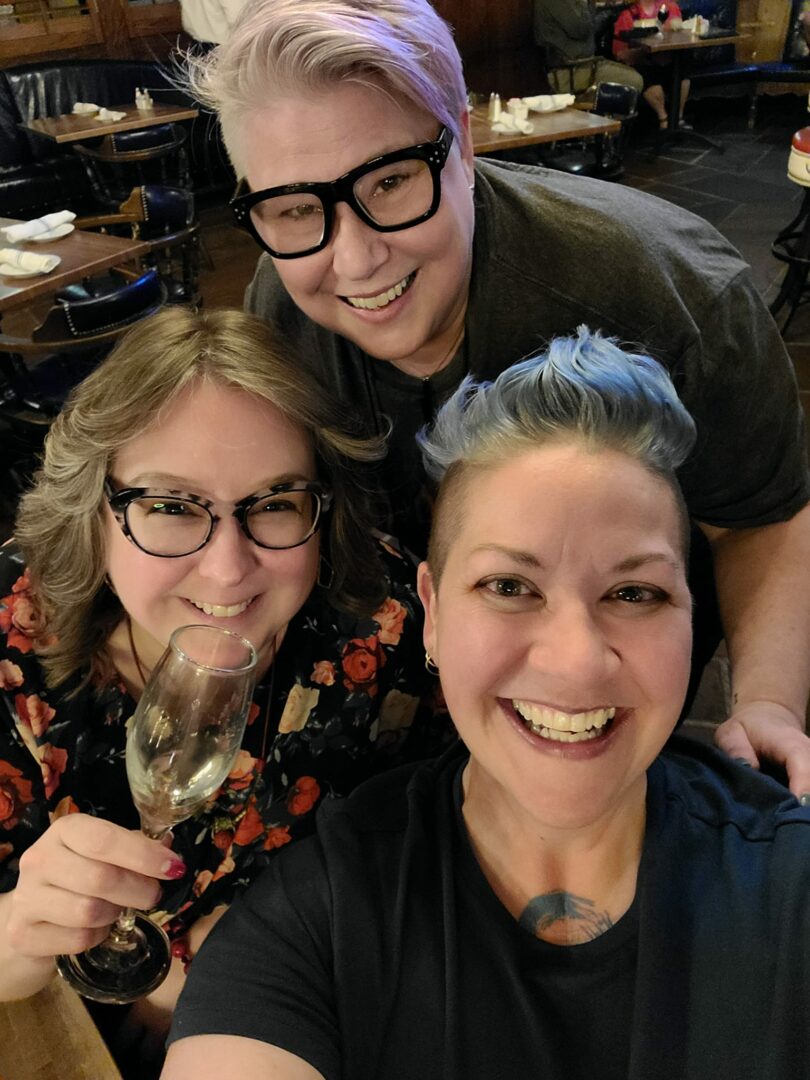
Thanks for sharing that. So, before we get any further into our conversation, can you tell our readers a bit about yourself and what you’re working on?
As a horror author, my work explores the darker parts of human existence, drawing inspiration from the psychological and the supernatural. I write inclusive queer stories that I hope linger in readers’ minds long after the final page. My fascination with fear stems from its universality—it’s a raw, emotion that reveals who we are. I’ve been obsessed with it for as long as I can remember. Growing up on a farm in North Texas lets me draw upon the area’s history and folklore, and blend it with my own experiences to create intimate and haunting narratives. And my membership in the Horror Writers Association has connected me with a community of like-minded creators who inspire and challenge me to push boundaries.
You can find my most recent work in Don’t Ask, Ghosts Tell or in The Horror Zone: A Anthology by Military Women on Amazon. Each of my stories features a queer person dealing with their personal horrors.
In addition to writing, I channel my curiosity into volunteer work with the Cold Case Coalition. I find it both sobering and rewarding, as it involves combing through old interviews and documents to help families find answers to long-standing mysteries. Much like writing, it demands empathy, persistence, and a willingness to confront uncomfortable truths. The intersection of these passions—fictional horror and real-world mysteries—has deepened my understanding of the human condition and further fueled my commitment to uncovering stories, whether they’re shadows of imagination or decades-old case files.
I do have limits here and enforce my boundaries. All of my cases are missing persons or murders and I do not take ones involving children. I just cannot do it.
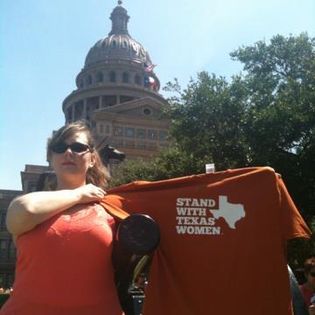
Looking back, what do you think were the three qualities, skills, or areas of knowledge that were most impactful in your journey? What advice do you have for folks who are early in their journey in terms of how they can best develop or improve on these?
Adaptability: Life rarely goes as planned, Being adaptable has allowed me to face challenges head-on and pivot when needed without losing sight of my goals. For example, I always knew I wanted to be a writer. But unless you’re Stephen King right out of the gate, it’s hard to make a living at it. I full-on pouted about that in my 30s, but then I adapted the goal to fit my life instead of the other way around. I taught middle school and wrote between classes, at night after the family went to bed, or on breaks. Objectively none of it was very good – or at least it didn’t meet my standards. I kept at it though and took as many classes from other authors as I could to improve my writing. I still do. Now my short stories sell and I’m working on becoming a novelist. Did I mention that I wrote for Edge Games’ Arkham Horror too? I never thought about game writing, but it’s something else I stretched myself to do.
But be sure to acknowledge your anger and grief when a plan falls apart, but then roll with it. It’ll keep you sane. If you’re rigid in your pursuit of a goal, you may miss out on the experiences that help you obtain it. Life isn’t a checklist, it’s a choose-your-own-adventure.
Empathy: As a teacher, horror author, and cold case volunteer, understanding people— what terrifies them and what gives them hope—is essential. Empathy helps me connect with readers and contribute to my work on cold cases.
My classroom was a safe space and my students knew they could count on me to listen. While playing Kahoot, I noticed one of my students listed as female on my roster, who had recently cut their hair short and presented as more masculine was using a different name. I texted to ask them if it was okay to use it in class. They gave me thumbs up from their seat so we used their chosen name in class. It was just a small change, but it had a huge impact on them.
It’s easy to lose yourself in your own problems or wallow in feelings of failure. That’s okay. In fact, it’s human. But put a clock on it. Allow yourself time to grieve over what might have been, then get up and help someone else. You don’t have to drop everything for a grand gesture or even leave your house. When I feel low, I text encouraging messages to my friends because even if they’re not down, it’s good for them to know someone loves them. Their reactions lift my mood.
Curiosity: A constant hunger to learn has been key to my growth. Whether it’s delving into the nuances of storytelling, researching unsolved cases, or learning about mental health, curiosity has been the driving force behind my progress. I have to know things. I’m not kidding. If someone uses a word I’m unfamiliar with or references a historical event I don’t know about, it’s an immediate deep dive. I grew up reading everything I could get my hands on. That has served me well in all facets of my life. I acknowledge when I don’t know something, but it digs at me until I uncover the information.
So give yourself permission to be that person at the party. You know the one with the special interest who can tell you everything about the life cycle of bees or if positraction was available on the 1964 Buick Skylark. The world needs those people. Get curious about something and see where that leads you. Maybe you’ll find yourself solving mysteries, keeping a poison garden, or learning to code video games. Just as a precaution please know that I am that person as it concerns Texas murders and hauntings. I might not bring it up, but if you ask be prepared for a lengthy answer complete with visual aides.
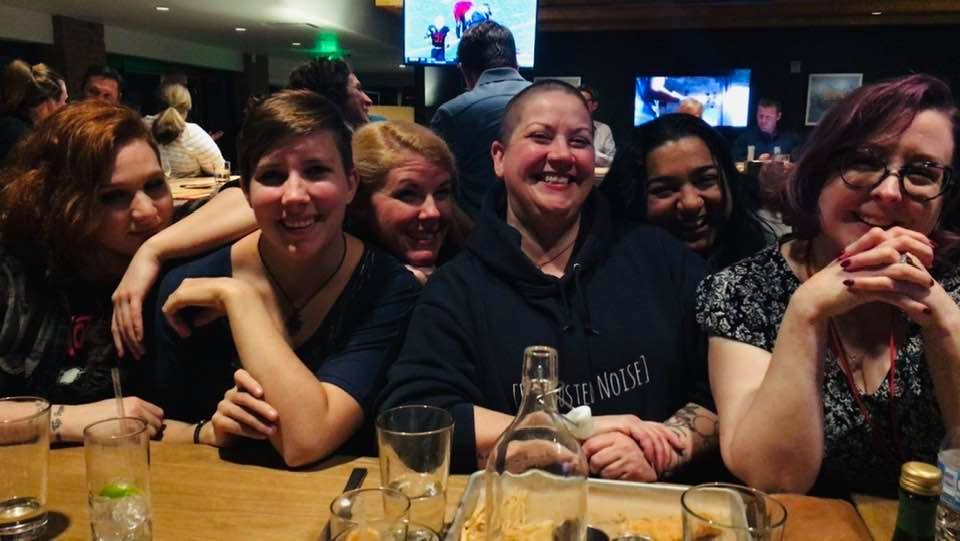
All the wisdom you’ve shared today is sincerely appreciated. Before we go, can you tell us about the main challenge you are currently facing?
I wanted to be a full-time author since I was a kid. Now I am my own boss and it’s harder than I expected. I am in charge of what I write and when I write it. Which means that I screw around a lot instead of doing what I should. I make to-do lists and blow them off. I circle self-imposed deadlines on the calendar in red marker and ignore them. It makes me angry at myself and then I get down and don’t want to write anything. This has gone on for months.
Instead of continuing my cycle, I reached out to another author, Syr Beker. First, they asked me to celebrate what I accomplished this year. When put in front of me I could see I sold eight short stories and two poems, did voice work on the podcast Good Morning Evildoers, and did gig work for Edge Games’ Arkham Horror tabletop role-playing game. This allowed me to see my success when I felt like a failure.
Since then, they’ve helped me set reasonable goals broken down into steps. Deadlines are still circled in red marker, but I am meeting them. So don’t be afraid to reach out to people. Your weakness is another’s strength and together you can do great things.
Contact Info:
- Website: https://www.authorrookriley.com/
- Instagram: @RookRiley
- Facebook: https://www.facebook.com/profile.php?id=100009027838092
- Linkedin: https://www.linkedin.com/in/rook-riley-b7bb15166/
- Other: https://bsky.app/profile/rookriley.bsky.social
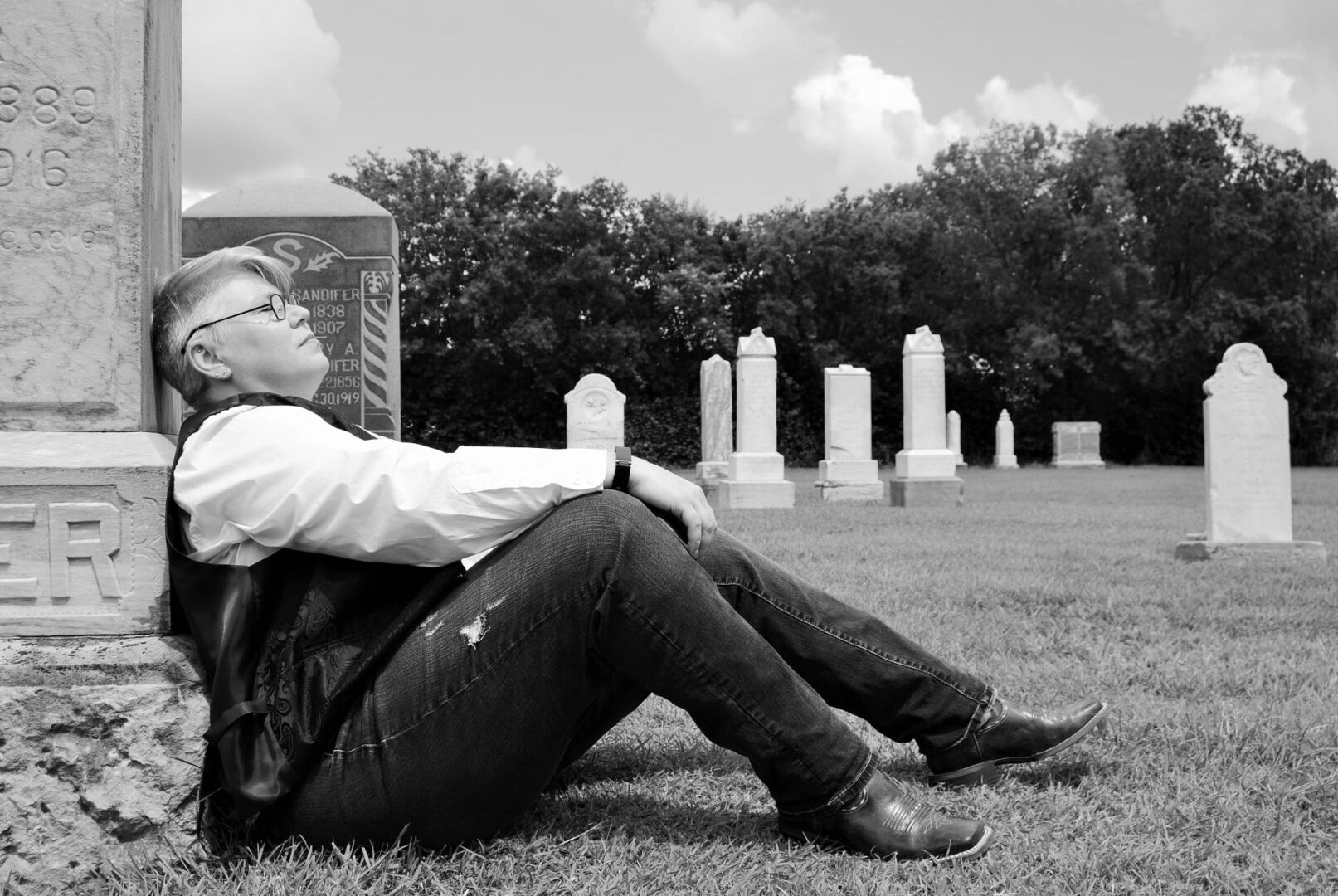
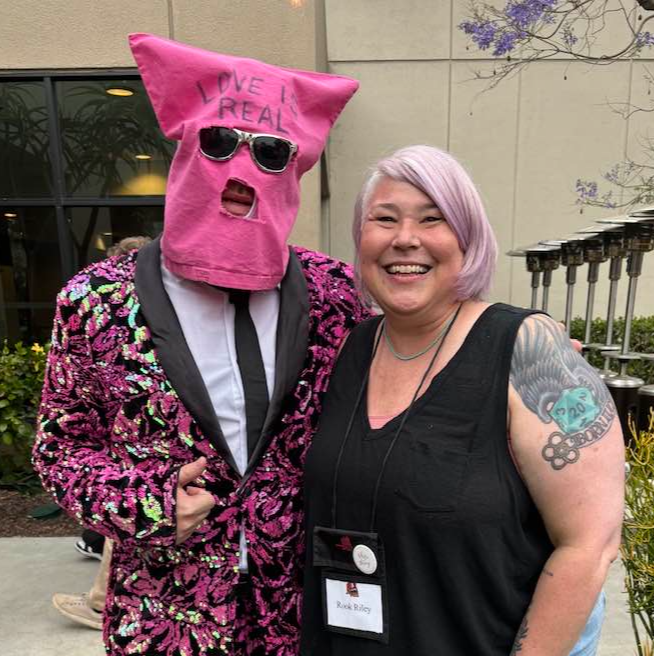

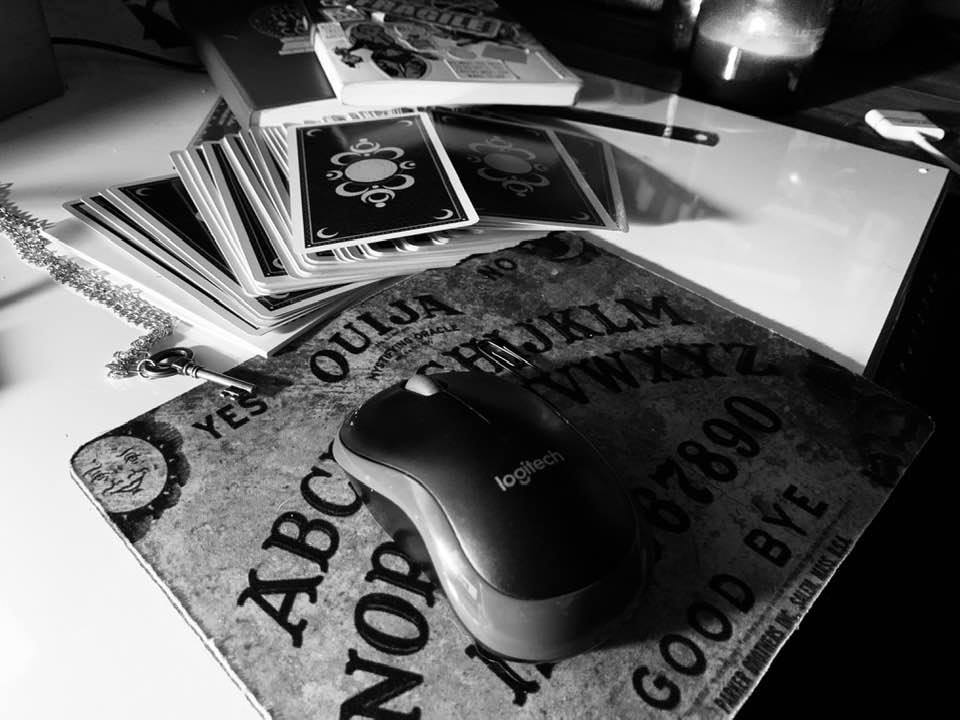
so if you or someone you know deserves recognition please let us know here.


